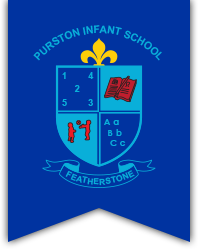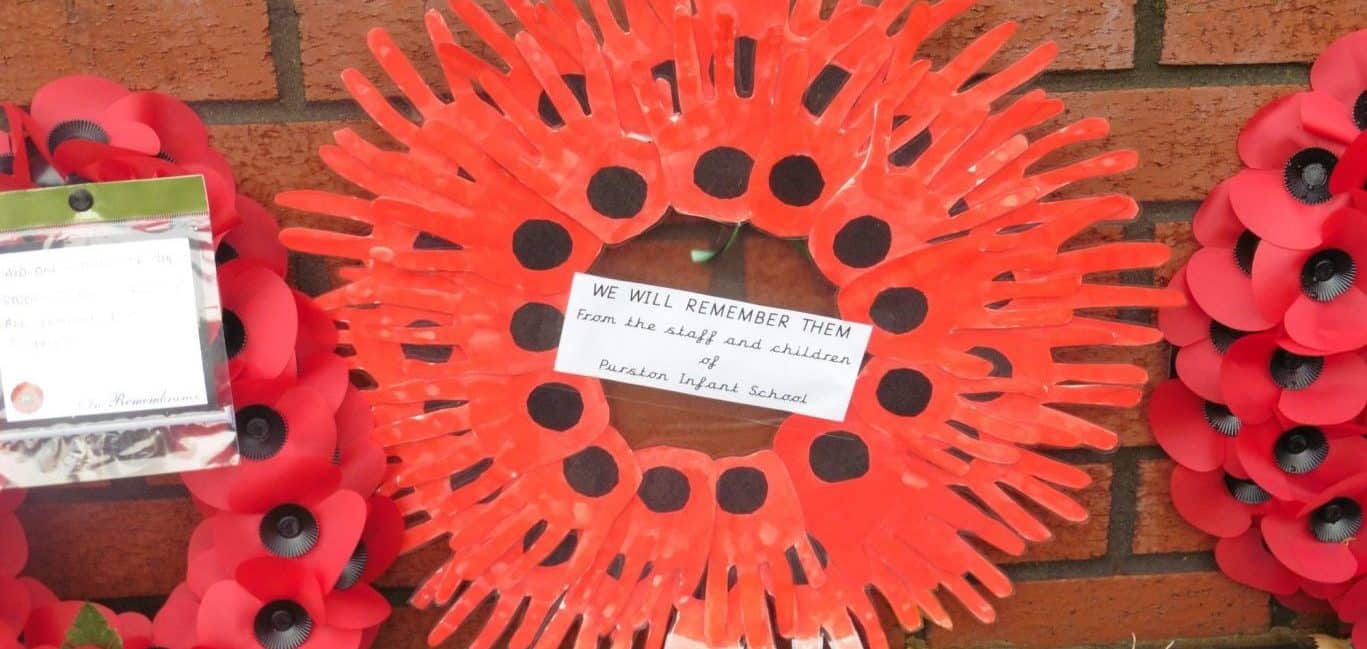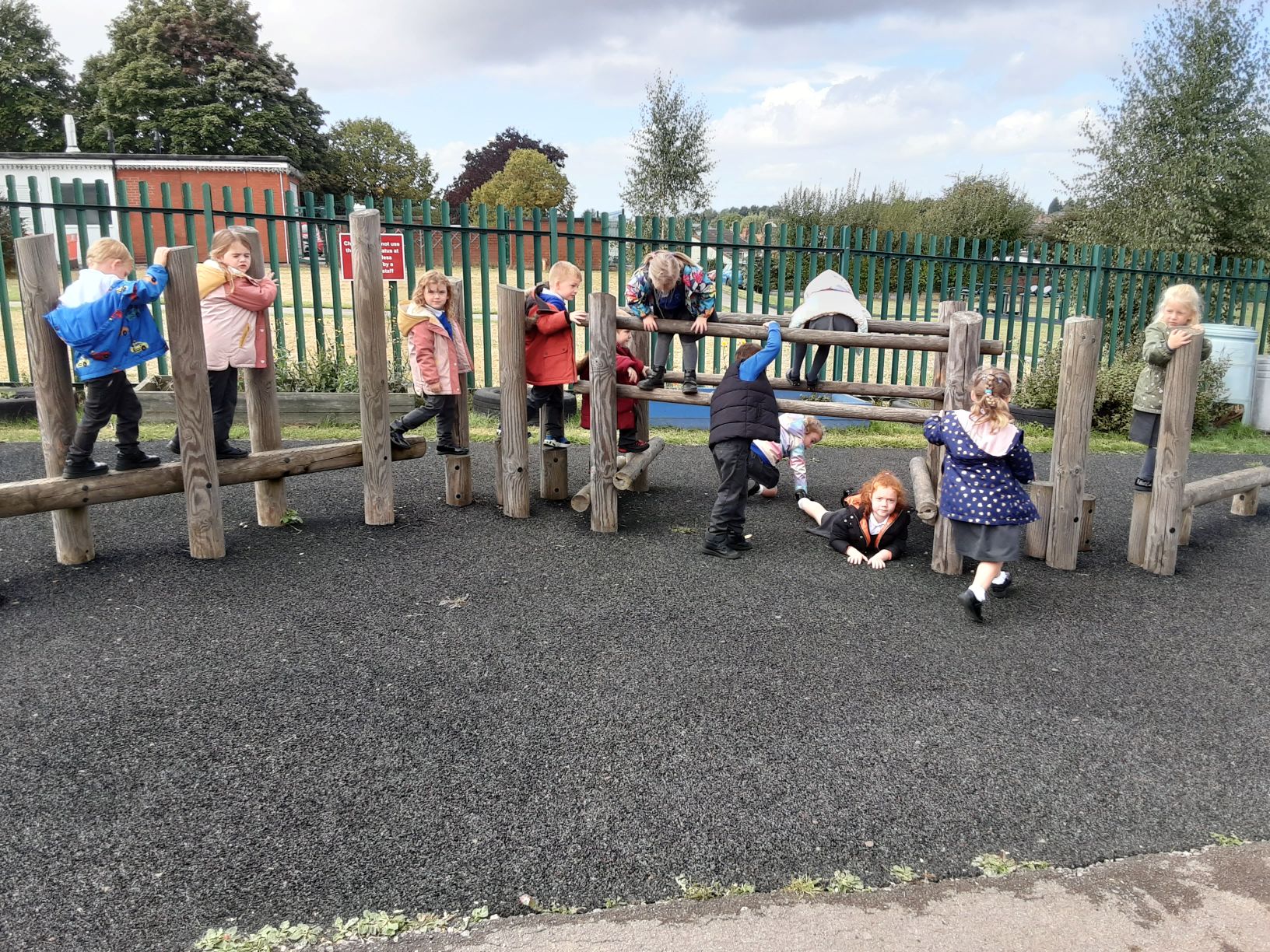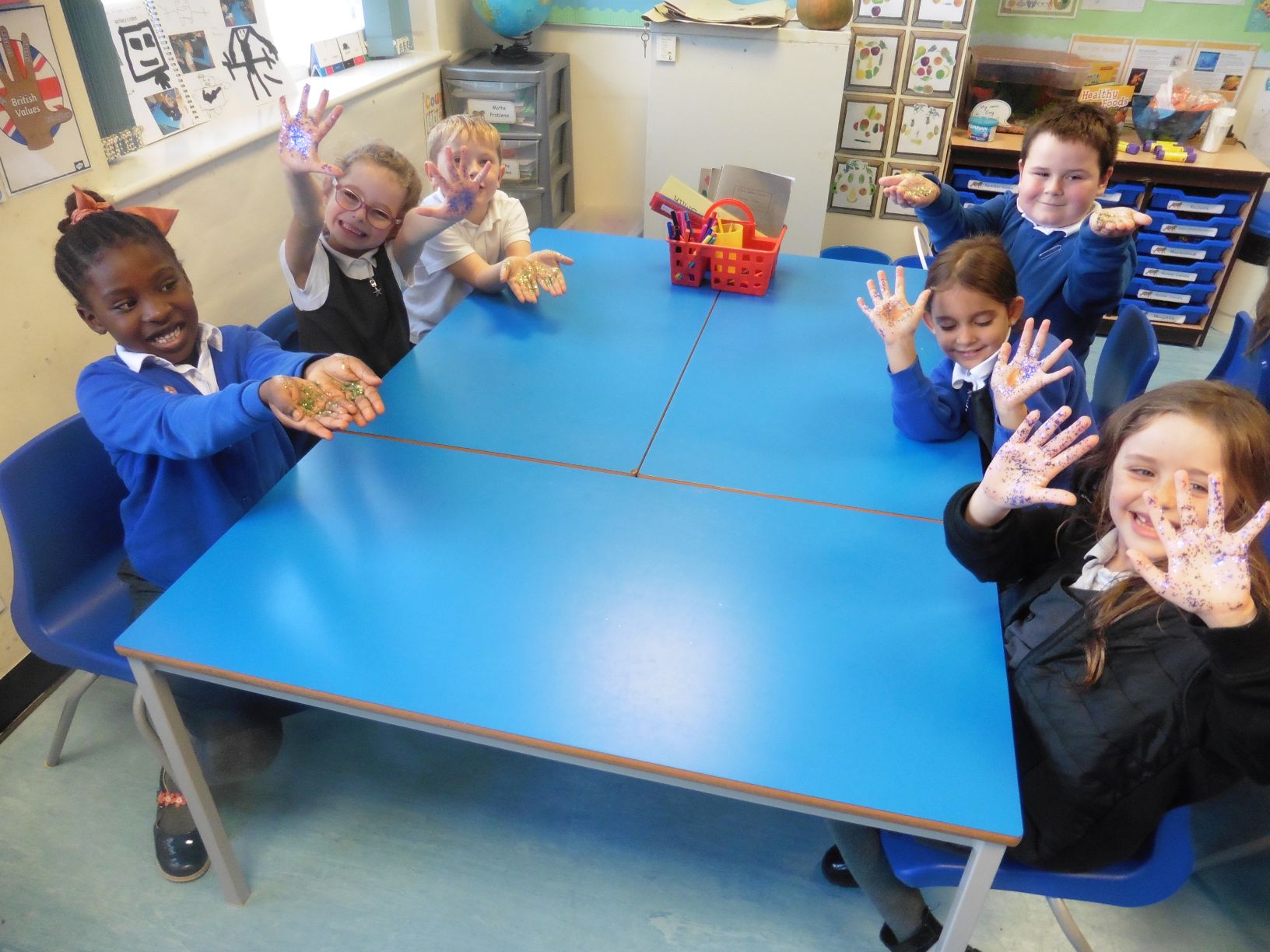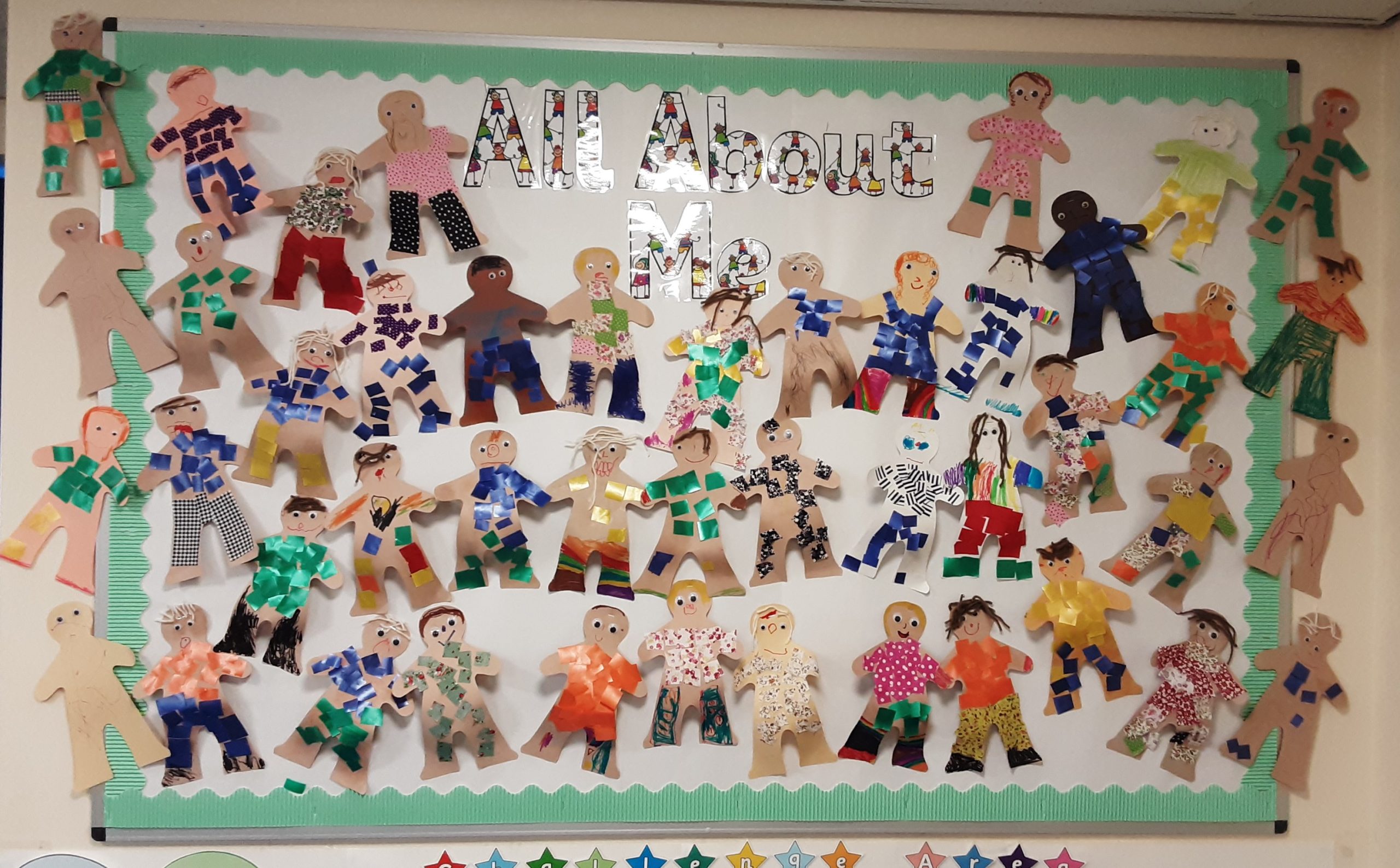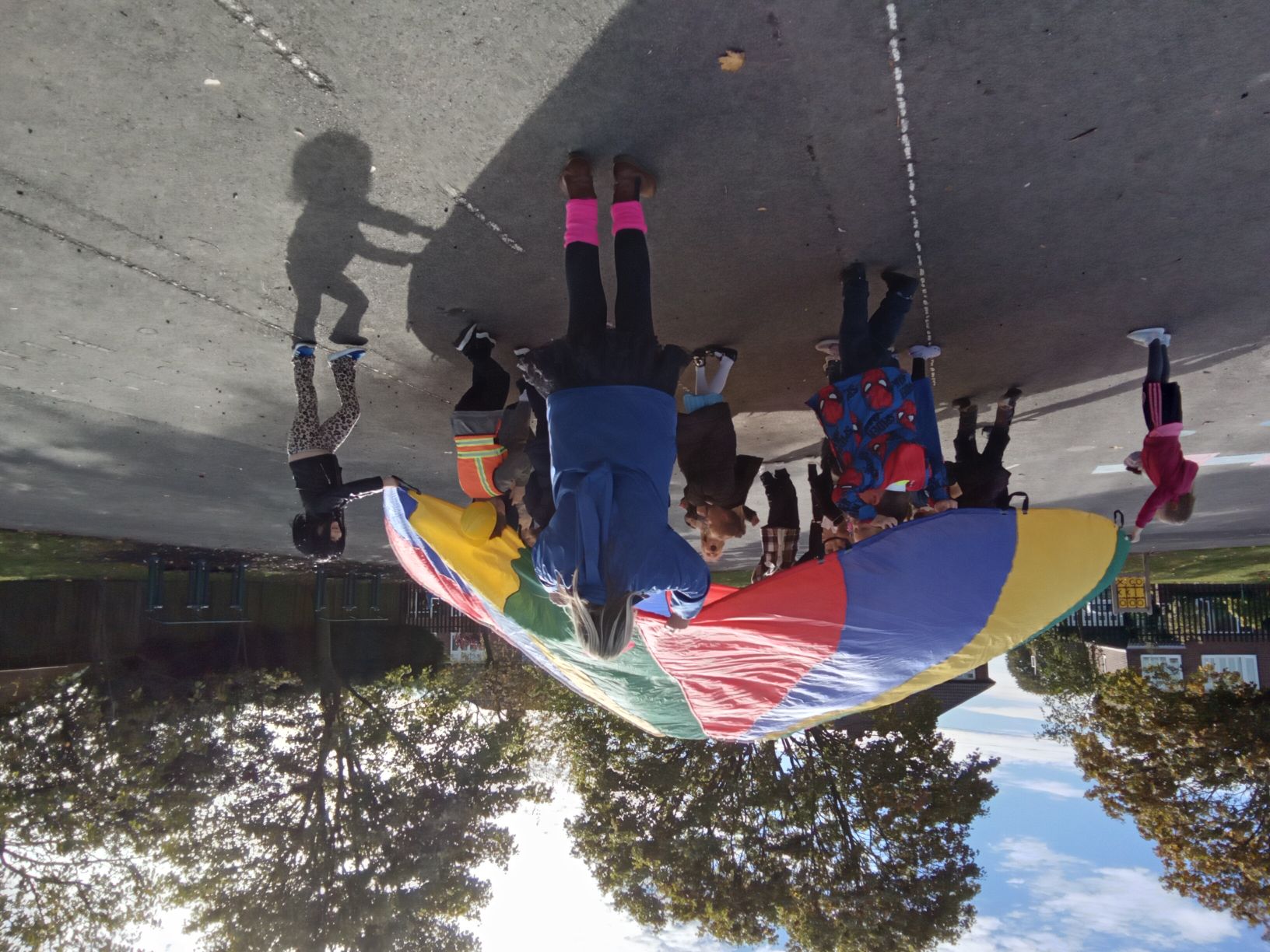Health and Safety is the responsibility of everyone in the school. Children are taught to take responsibility for the health and safety of themselves and others. Children are taught a range of topics through assemblies and discussion from how to evacuate the building in the event of a fire to personal welfare and safety.
Vulnerable Children
Parents need to let school know if your child has specific medical conditions that make them especially vulnerable to infections. Usually schools or nurseries are made aware of such children through their parents or carers or the School Health Service. These children are especially vulnerable to Chickenpox or Measles. If a vulnerable child is exposed to either of these the parent/carers will be informed promptly so that they can seek further medical advice as necessary.
Medicines
In cases of short term illnesses, where a child is well enough to be in school, parents must fill in a medical consent form with written instructions for the medicine to be administered in the presence of a trained first aider, in line with Managing Medicines Policy (PDF).
Allergies and Care Plans
All staff are aware of children with allergies or specific medical needs and follow their care plan closely. All children with allergies or medical conditions are displayed by photo in classes and staffroom. Inhalers are taken on trips and it is parents responsibility to update any medication needed in school.
Fire Drills/Invacuation Procedures
Fire drills are carried out once every half term. Evacuation/invacuation drills are carried out once a term.
First Aid
Most staff are First Aid trained. There are additional members of staff who are Paediatric trained, one in each year group. There will always be at least one Paediatric first aider present on school trips.
Illnesses or Accidents
In the event of a serious incident, first aid will be administered and parents informed before any action is taken.
In the event of a less serious incident first aid will be administered as appropriate and the child will be monitored. Should anything change, the child will be sent to the school office, who will contact parents.
All significant accidents or incidents will be recorded in the Accident Book, irrespective of whether they occur at playtime or in the classroom and parents will receive notification in note form when they collect their child.
Head Injuries
Any child who has bumped or cut their head will be monitored after they have been treated. In the event of a serious head injury parents will be phoned as soon as possible.
Head lice
School policy is to inform parents if staff notice head lice. Children with head lice cannot be excluded from school. However it is expected that parents treat the problem . Once treated the child should return to school as soon as possible. A standard letter will be issued to parents of children in a class where head lice have been detected the same day. If further concerns arise please contact the school nursing team for further advice. The number can be obtained from school.
Infection Control
A copy of current guidance on infection controls in schools is available from the school office.
Hygiene Procedures
Encourage children to always wash hands after using the toilet and before eating or handling food. Effective hand washing is an important method of controlling the spread of infections, especially those that cause diarrhoea and vomiting.
School Trips
We actively encourage children to attend school trips as they are a brilliant learning opportunity and form part of our curriculum. Children who do not attend during school time will receive an unauthorised absence, unless there is a valid reason for missing the visit. Teachers will be responsible for organising the visit and will be expected to plan and carry out pre-checks & risk assessments.
